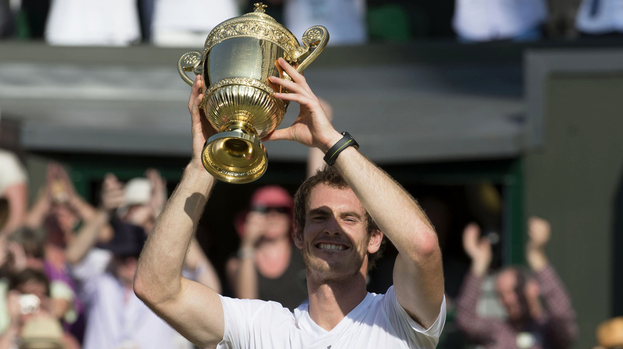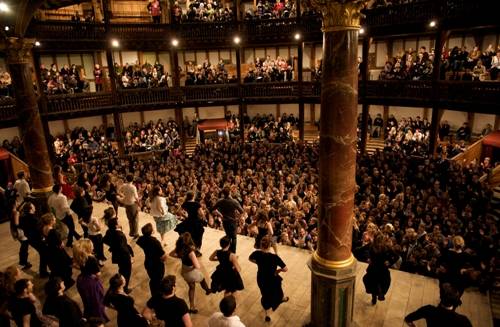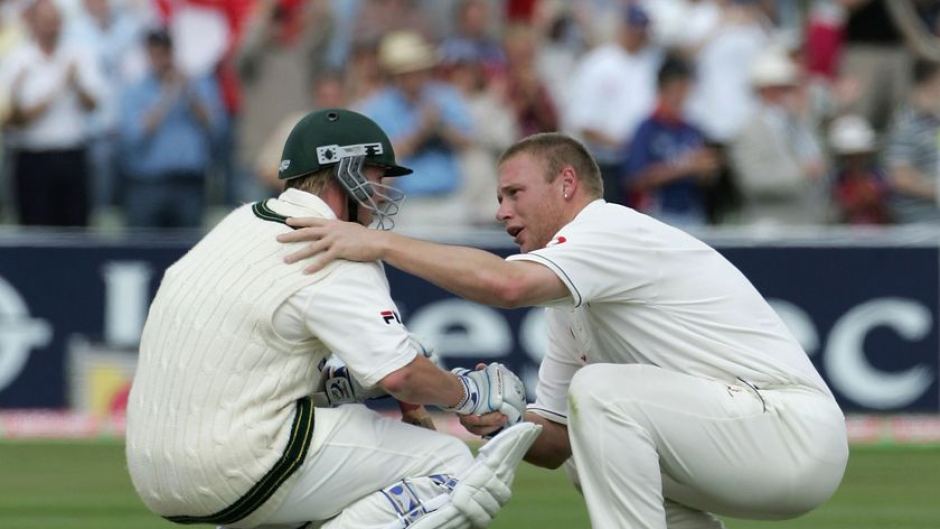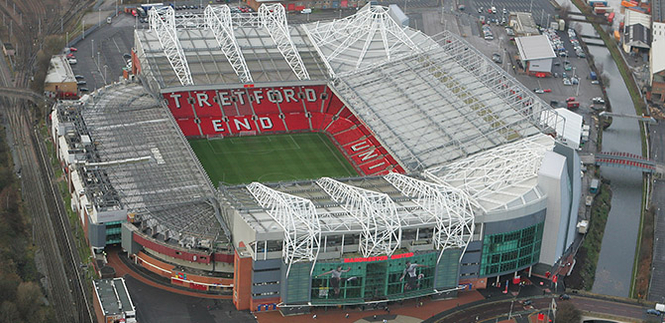It’s a well-worn cliché that sport is a theatrical spectacle. It has the lot - the plots, sub-plots and the drama in between often makes it compelling viewing. Stadiums around the world act like giant box offices, providing an irresistible pull to thousands of fans. Indeed, Manchester United’s ground is nicknamed ‘The Theatre of Dreams’ for its capacity to produce constant high-octane drama.
Just like the theatre, the ‘audience’ in sports grounds have a telling role to play in the unfolding drama. Any number of clichés has come to describe the role of the crowd in sport. In football, the home crowd is often known as the ‘12th man’ – a belief that that a crowd’s vocal support can will a team on and daunt the opposition.
The relationship between sport and spectators is subtle and complex. Many believe that spectators can help change games and are far from a passive entity just looking on. On the other hand, spectators do not score the winning goal, catch the winning catch or save a vital break point. The outcome they have on a particular event can never been quantified, but the crowd often assumes a symbolic role in helping to produce the ‘right’ outcome.

Andy Murray’s victory at Wimbledon is a case in point. After 77 years of hurt, the crowd on Centre court seemed to sense Murray’s momentum in finally breaking the British curse at Wimbledon. They were passionate from the start and seemed determined to roar Murray onto victory. Murray appeared to use this to his advantage in his ability to control the match, winning the big points and keeping Djokovic at bay in the first two sets. Crowd and player were working together to produce the right outcome.
Conversely, during the third set, the opposite appeared to be happening. As Murray tightened as he neared the finish line, the crowd became more jittery which seemed to impact on Murray’s ability to close out the match.
This interpretation is reflective of how art, whether in a theatrical or sporting sense, is often seen through the perspective of the audience. The way sport or theatre is understood can be flipped around if we choose the protagonist’s perspective. How do see actors and sportspeople see the audience? Most of them would consider themselves to be performers, wanting to feed off the crowd to produce their best performance.

A good piece of skill or a goal scored is rewarded with loud cheering and chanting. The atmosphere created helps sportspeople push their bodies both physical and mentally. A mistake or judgement of error can puncture the atmosphere and change the course of a match. Similarly, an audience’s reaction to what’s on stage can help or hinder an actor’s performance. The bond between performer and audience is integral to how the show is constructed.
However, performers are often isolated; the responsibility lies with them to move the narrative forward. In tennis this is particularly the case as it’s a game based on the individual. Unlike team sports, there is no hiding place. In Sunday’s final Murray and Djokovic had to walk onto Centre court in the knowledge that only their abilities would change the course of the match. It is a daunting experience and it takes nerve not to freeze in front of 15,000 onlookers.

The actor has to do the same, but sport uniquely adds pressure by being unscripted. Actors have the safety net of a script and rehearsal time to hone their performance. There is still the trepidation of the first night and each performance has the potential to be subtly different. There is always the need for adaptability and this is particular true for the Globe theatre where the proximity of the groundlings means they often become involved in the performance.
The sporting arena sets no boundaries. Every kick or shot is an instinctive reflex to the context in the game. The results can be explosive where sportspeople have to make spit-second decisions which can decide the outcome of a match. It is this rawness of human nature on show which makes sport so compelling and appealing.
The sporting arena is an environment which uniquely reveals the extremes of human nature. It can produce pure joy or utter despair. In the background, the spectators remain a constant and help subtly shift the momentum in matches.
